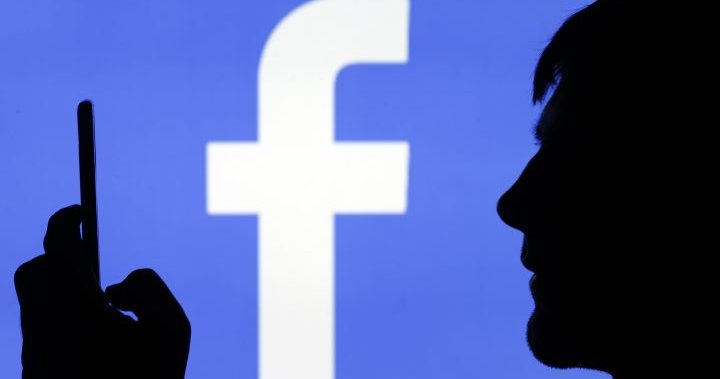
Facebook reports profit growth amid fallout from leaked documents
Global News
Facebook said its net income grew 17% in the July-September period to $9.19 billion, buoyed by strong advertising revenue.
Amid fallout from the Facebook Papers documents supporting claims that the social network has valued financial success over user safety, Facebook on Monday reported higher profit for the latest quarter.
The company’s latest show of financial strength followed an avalanche of reports on the Facebook Papers – a vast trove of redacted internal documents obtained by a consortium of news organizations, including The Associated Press – as well as Facebook whistleblower Frances Haugen’s Monday testimony to British lawmakers.
Facebook said its net income grew 17% in the July-September period to $9.19 billion, buoyed by strong advertising revenue. That’s up from $7.85 billion a year earlier. Revenue grew 35% to $29.01 billion. The results exceeded analyst expectations for Facebook’s results.
The company’s shares rose 2.5% in after-hours trading after closing up 1% for the day.
“For now, the revenue picture for Facebook looks as good as can be expected,” said eMarketer analyst Debra Aho Williamson. But she predicted more revelations and described the findings so far as “unsettling and stomach-churning.”
CEO Mark Zuckerberg made only a brief mention of what he called the “recent debate around our company.” Largely repeating statements he made after Haugen’s Oct. 5 testimony before a U.S. Senate subcommittee, he insisted that he welcomes “good faith criticism” but considers the current storm a “coordinated effort” to paint a “false picture” of the company based on leaked documents.
“It makes a good soundbite to say that we don’t solve these impossible tradeoffs because we’re just focused on making money, but the reality is these questions are not primarily about our business, but about balancing difficult social values,” Zuckerberg said.
Haugen, meanwhile, told a British parliamentary committee Monday that the social media giant stokes online hate and extremism, fails to protect children from harmful content and lacks any incentive to fix the problems, providing momentum for efforts by European governments working on stricter regulation of tech companies.






